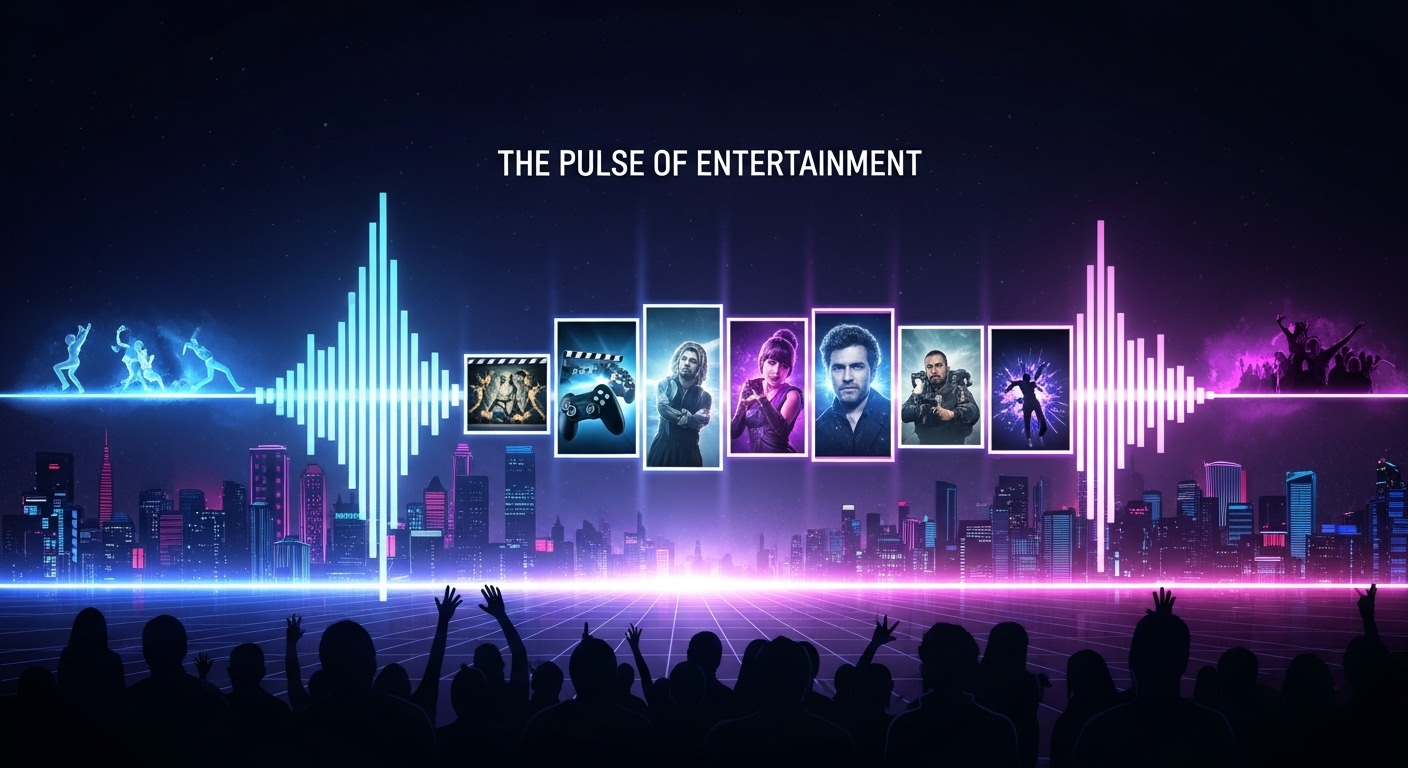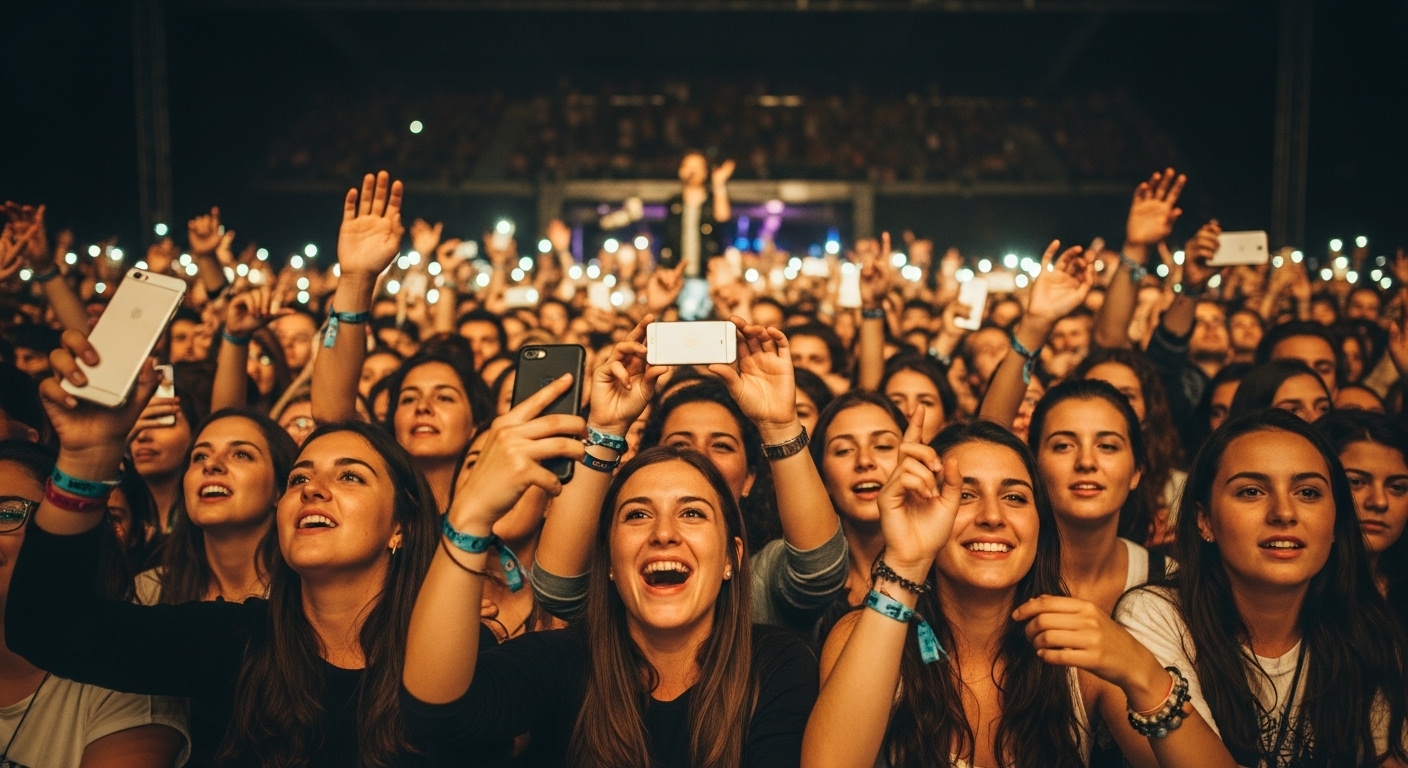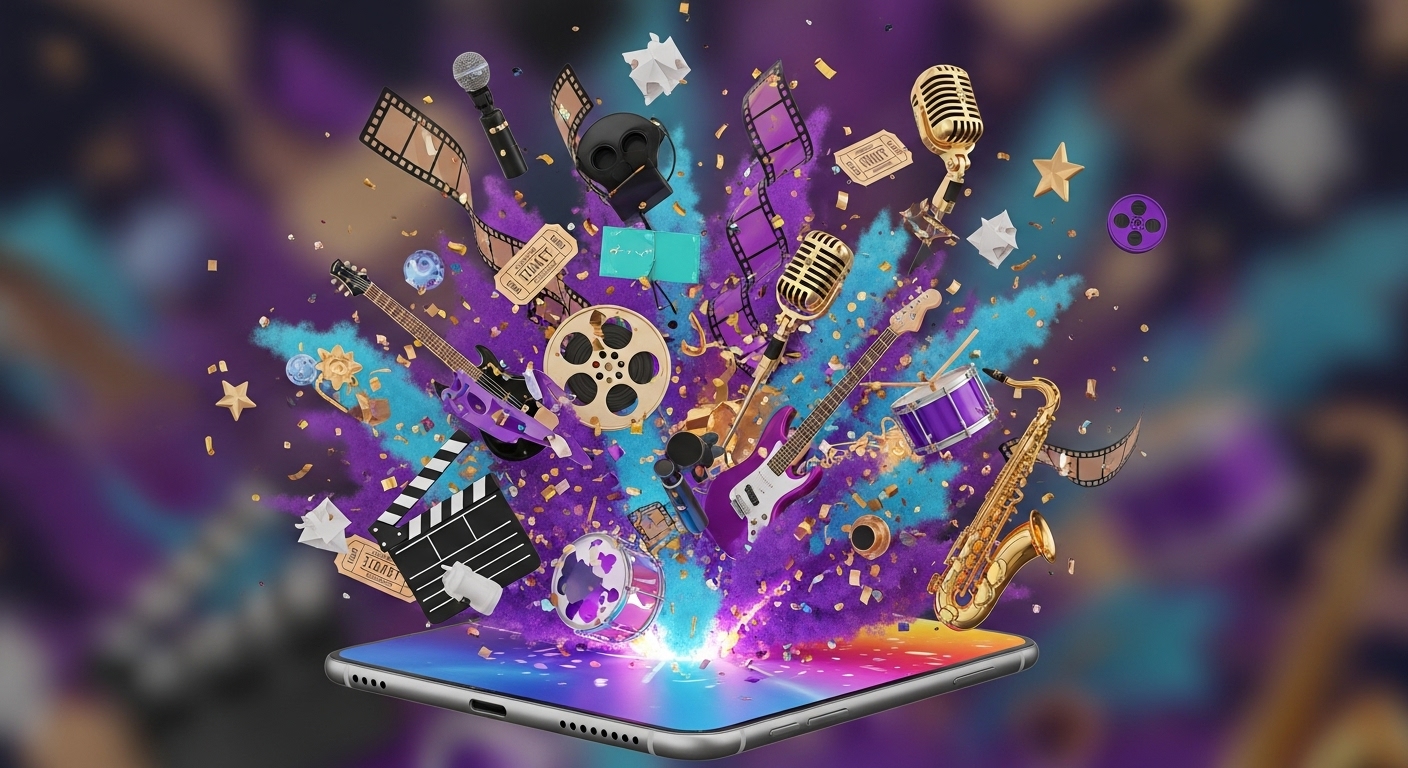Entertainment has been an integral part of human civilization since the dawn of time. From the flickering shadows cast by early fire-lit storytelling to the immersive digital worlds of today, entertainment has continually evolved, reflecting our cultural values, technological advancements, and personal aspirations. It serves not only as a source of joy and relaxation but also as a mirror of society’s shifting dynamics. In this post, we will explore the multifaceted world of entertainment, its history, various forms, and the impact it has on our lives today.
The Roots of Entertainment
The concept of entertainment is as old as humanity itself. Long before screens, stages, and digital effects, our ancestors entertained themselves through stories, music, and communal activities. Storytelling around the fire was one of the earliest forms of entertainment. These stories, passed down through generations, often included myths, legends, and moral lessons, laying the foundation for future narrative forms. Music and dance, too, played significant roles in social cohesion, religious ceremonies, and celebration of human creativity.
The transition from oral storytelling to more structured forms of entertainment came with the development of theater. Ancient civilizations like the Greeks and Romans embraced dramatic performances, creating a culture of live entertainment that celebrated both the arts and societal values. Plays and performances were not only a means of amusement but also platforms for philosophical reflection, political commentary, and emotional exploration.
Cinema: The Magic of Moving Pictures
No discussion of modern entertainment is complete without cinema. The invention of the motion picture in the late 19th century revolutionized how stories were told and consumed. From silent films to the golden age of Hollywood, cinema has constantly evolved, shaping cultural trends and societal norms. Iconic actors and directors became household names, and entire generations grew up with the influence of films that transported them to fantastical worlds.
The advent of color films, advanced cinematography, and special effects transformed movies into immersive experiences. Filmmakers began experimenting with storytelling techniques, blending genres and challenging audience expectations. Beyond pure entertainment, cinema also became a powerful tool for social commentary, highlighting issues ranging from inequality to human rights, thereby creating empathy and sparking dialogue among viewers.
Television: Bringing Entertainment Home
Television brought entertainment directly into our living rooms, fundamentally changing how people consumed media. Early TV shows were simple and straightforward, focusing on family-friendly content, news, and live performances. As technology progressed, television diversified into multiple genres, including sitcoms, dramas, reality shows, and talk shows. Today, television continues to thrive, though it faces stiff competition from digital streaming platforms.
One of the most remarkable aspects of television is its ability to reflect contemporary society in real time. Popular shows often mirror societal trends, humor, and conflicts, creating shared cultural experiences. The rise of reality television, for instance, introduced audiences to unscripted drama, blurring the line between performance and reality. TV has also given rise to iconic characters and narratives that continue to influence fashion, language, and lifestyle.
Music: The Universal Language
Music has an unparalleled ability to evoke emotions, unite people, and define eras. From classical symphonies to modern pop hits, music continually reinvents itself while maintaining a timeless appeal. The evolution of music is closely tied to technological innovations. The invention of the phonograph, radio, and later digital streaming platforms allowed music to reach wider audiences than ever before.
Genres of music have diversified immensely, with each style resonating differently depending on culture, geography, and individual preference. Rock, hip-hop, jazz, electronic, and classical music all hold distinct places in society, reflecting both personal and collective identities. Festivals, concerts, and live performances continue to celebrate the power of music, offering audiences experiences that transcend the ordinary.
Video Games: The Interactive Revolution
In recent decades, video games have emerged as one of the most influential forms of entertainment. Unlike movies or television, games offer interactivity, allowing players to become active participants in the story. The gaming industry has grown exponentially, with immersive graphics, complex narratives, and expansive virtual worlds creating experiences that rival traditional media.
Video games also offer social connectivity. Online multiplayer games have connected millions of players globally, fostering communities and creating shared experiences across borders. The rise of esports has transformed gaming into a competitive sport, drawing massive audiences and professional players. Beyond entertainment, games are increasingly recognized for their educational value, strategic thinking development, and even therapeutic applications.
Streaming Services: The New Era of Content Consumption
Streaming platforms have fundamentally altered how audiences access entertainment. Gone are the days when viewers had to adhere to fixed schedules; today, content is available on-demand, allowing for personalized viewing experiences. Platforms provide vast libraries of movies, shows, and documentaries, often catering to niche tastes and diverse demographics.
This accessibility has also democratized content creation. Independent filmmakers, musicians, and game developers can reach global audiences without relying on traditional distribution channels. As a result, audiences enjoy greater diversity in storytelling, representation, and artistic expression. Streaming has also intensified the demand for high-quality content, pushing creators to innovate continually.
Live Events: The Thrill of Real-Time Entertainment
Despite the digital revolution, live entertainment remains a powerful and irreplaceable experience. Concerts, theater productions, sports events, and comedy shows provide a sense of immediacy and communal energy that cannot be replicated on screens. The collective experience of cheering for a team, laughing at a comedian, or marveling at a theatrical performance fosters a unique emotional connection among participants.
The resurgence of live events post-pandemic highlights the human craving for social and sensory experiences. Technology has augmented these events through advanced lighting, sound systems, and stage design, enhancing the spectacle while retaining the authenticity of live performance.
Social Media and Entertainment: The Digital Stage
Social media platforms have introduced a new dimension to entertainment. Platforms like TikTok, Instagram, and YouTube allow anyone with creativity and ambition to share content instantly with millions. Viral trends, memes, and short-form videos have redefined what it means to entertain in the modern age.
Content creators now wield significant influence, often rivaling traditional celebrities. The direct engagement between creators and audiences fosters a sense of community and personal connection. Entertainment on social media is dynamic, interactive, and constantly evolving, reflecting the fast-paced nature of digital culture.
The Psychological Impact of Entertainment
Entertainment is not merely a pastime; it profoundly affects mental and emotional well-being. Engaging with stories, music, and games can reduce stress, inspire creativity, and provide a sense of escape from daily challenges. Movies and literature offer empathy-building experiences, allowing audiences to see the world from perspectives they might never encounter in real life.
However, excessive consumption or reliance on entertainment as a coping mechanism can have drawbacks. Balancing entertainment with real-life responsibilities and human interaction is crucial. Mindful engagement ensures that entertainment remains a source of enrichment rather than distraction.
The Future of Entertainment
Looking ahead, entertainment is poised for further transformation. Advancements in artificial intelligence, virtual reality, and augmented reality promise immersive experiences that blur the lines between the real and virtual worlds. Imagine attending a concert in a fully virtual stadium, interacting with performers in real time, or exploring cinematic universes from the comfort of your home.
Interactive storytelling and AI-driven content creation could personalize entertainment to unprecedented levels, catering to individual tastes and moods. As technology evolves, ethical considerations and cultural sensitivities will also shape how entertainment develops, ensuring it remains inclusive and meaningful.
Conclusion: Entertainment as a Reflection of Humanity
Entertainment is far more than a means of passing time—it is a reflection of human creativity, imagination, and connection. From ancient storytelling to modern digital experiences, it has continuously evolved, adapting to technological innovations and societal changes. Entertainment unites people, evokes emotions, and inspires exploration of ideas beyond our immediate experiences.
As audiences, we are not passive consumers but active participants in this dynamic landscape. The diversity of media, genres, and platforms ensures that there is something for everyone, whether one seeks laughter, thrill, inspiration, or reflection. Ultimately, entertainment reminds us of the joy, wonder, and limitless potential of human expression.



